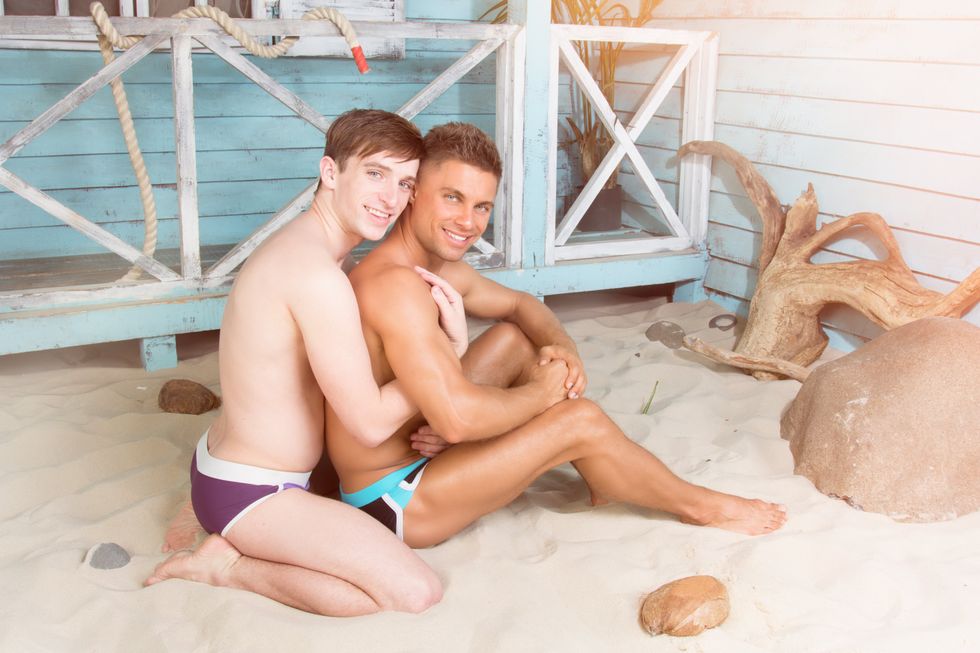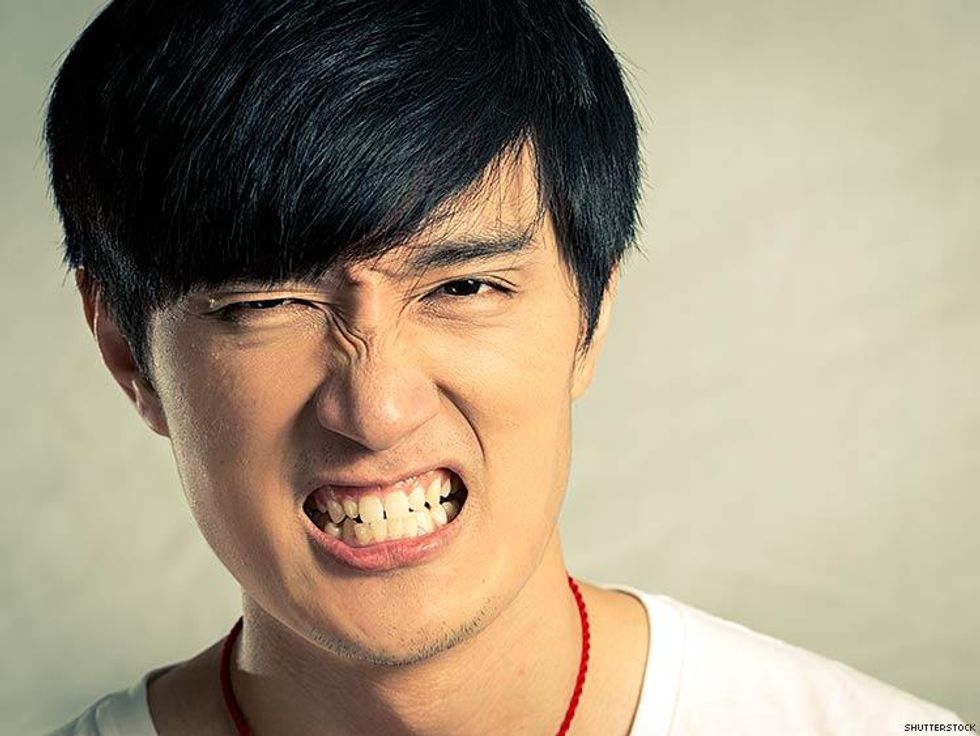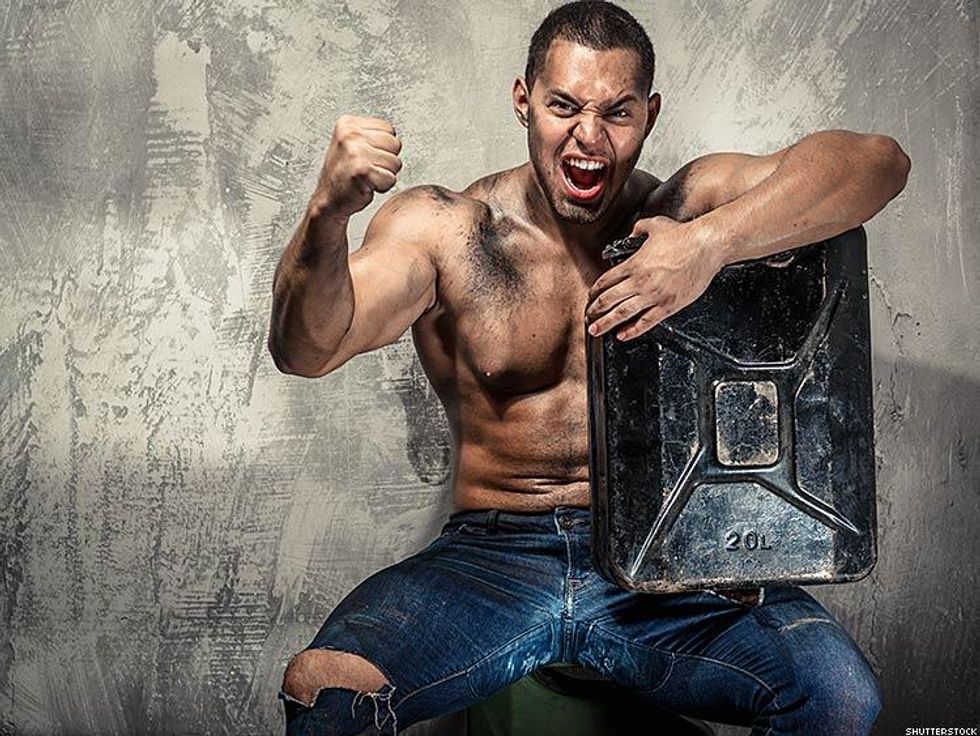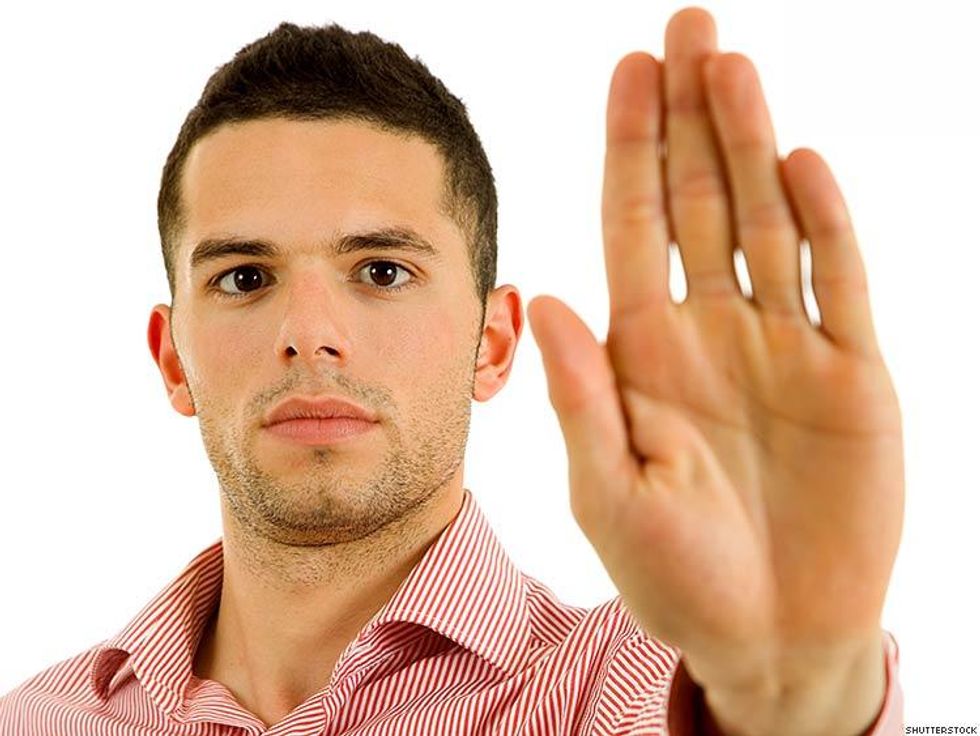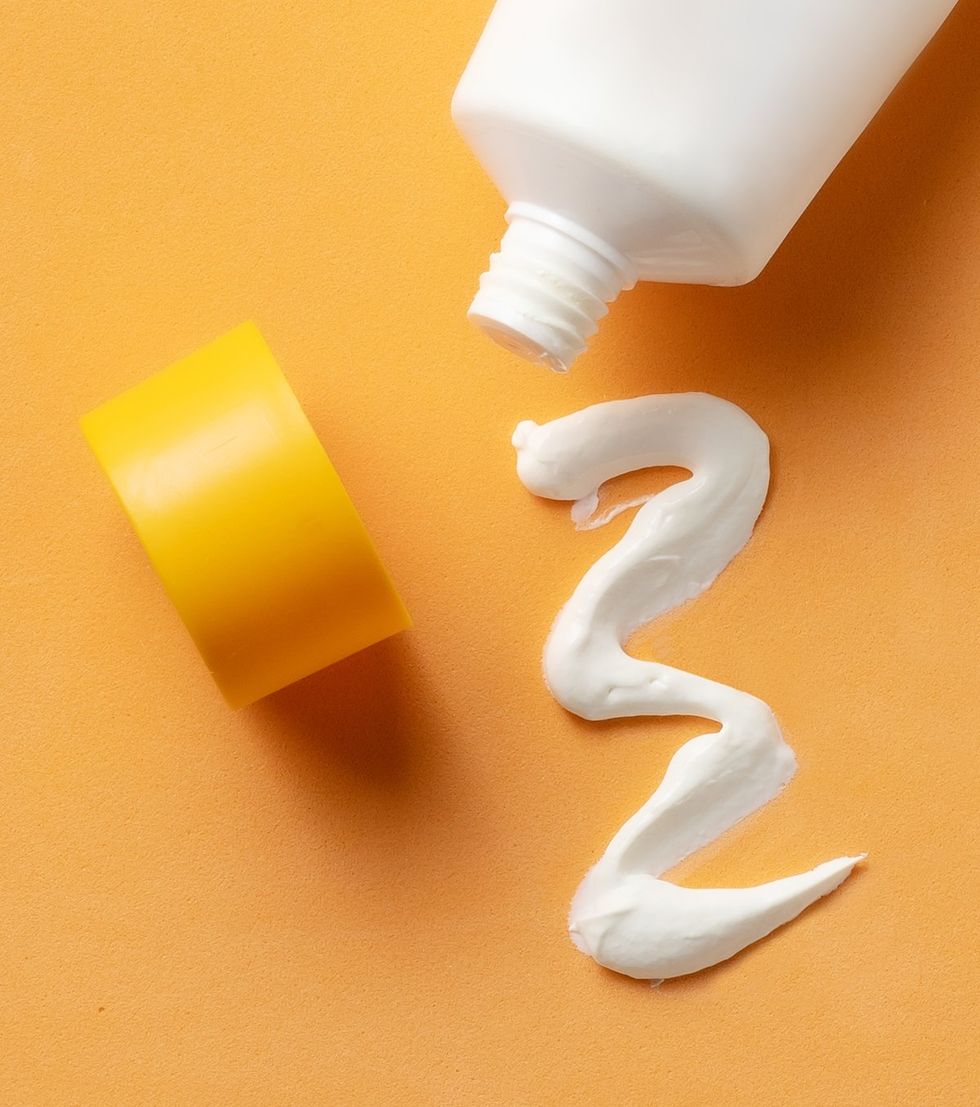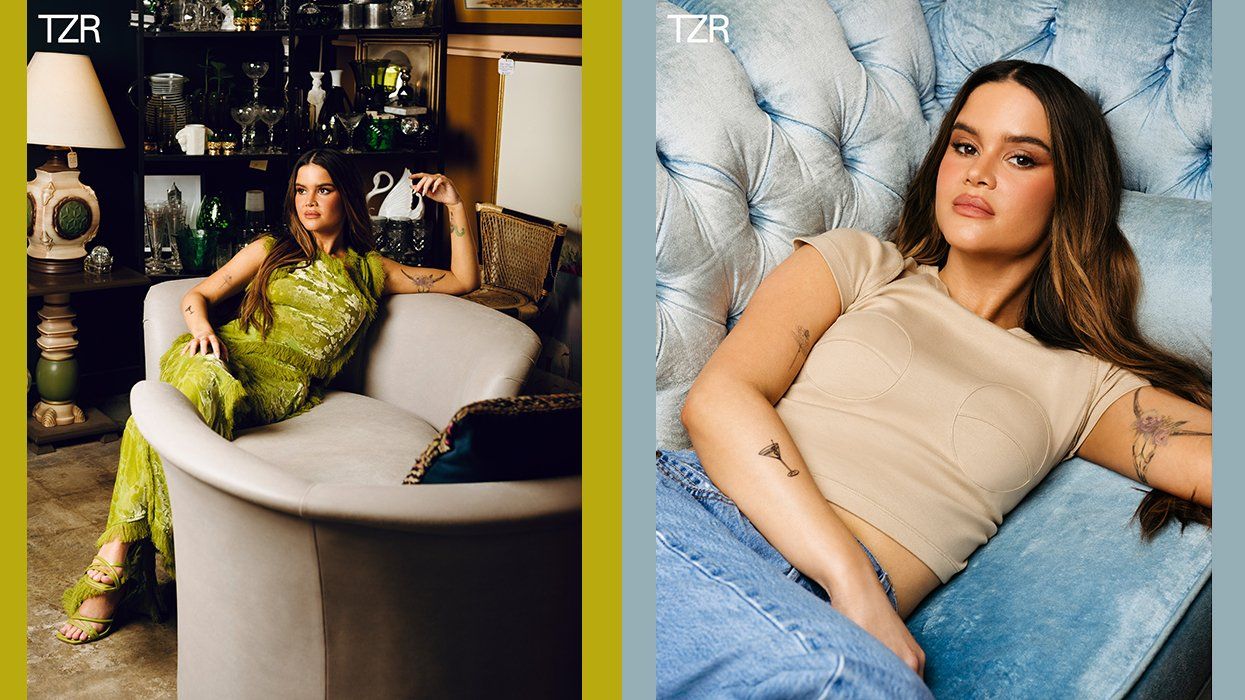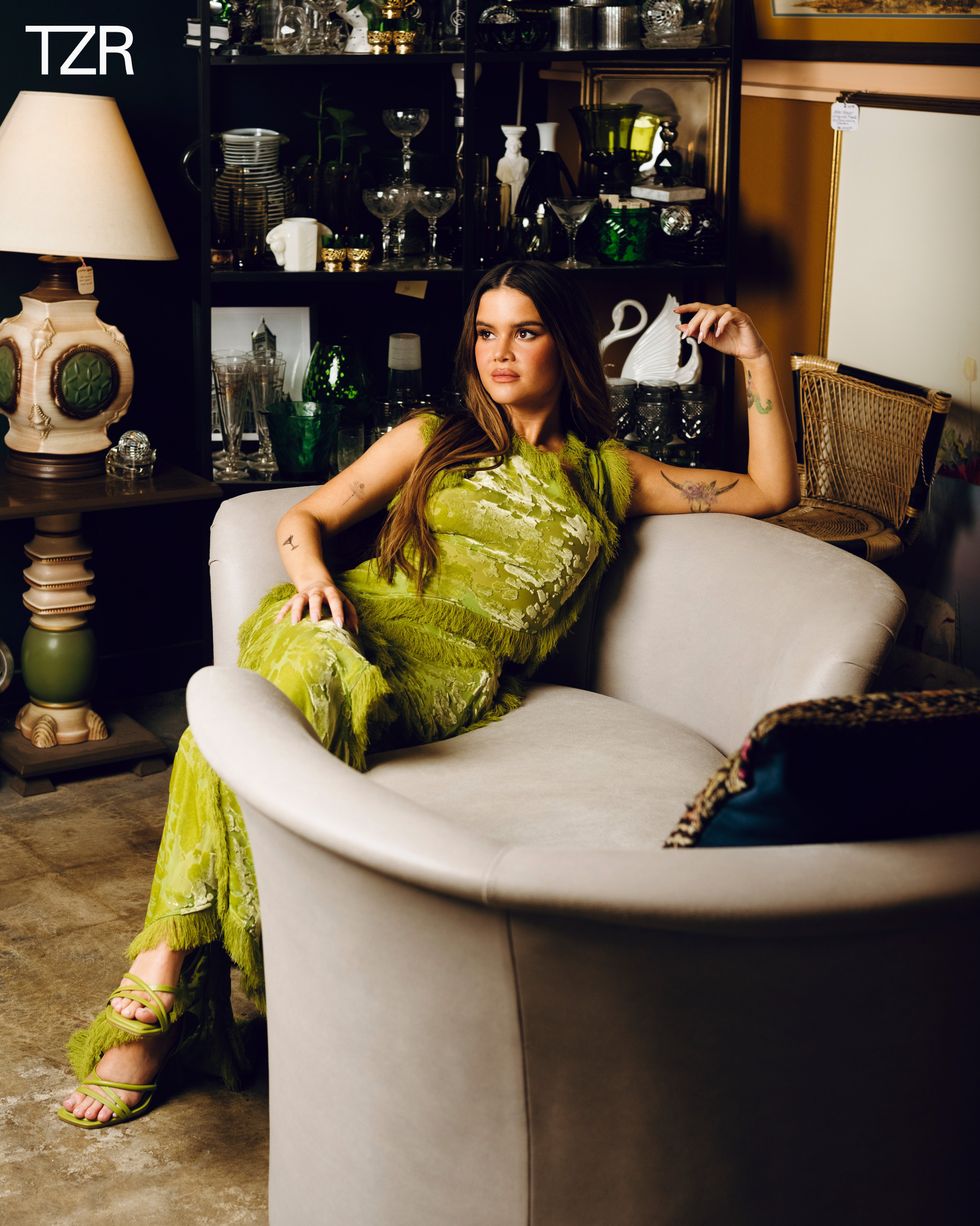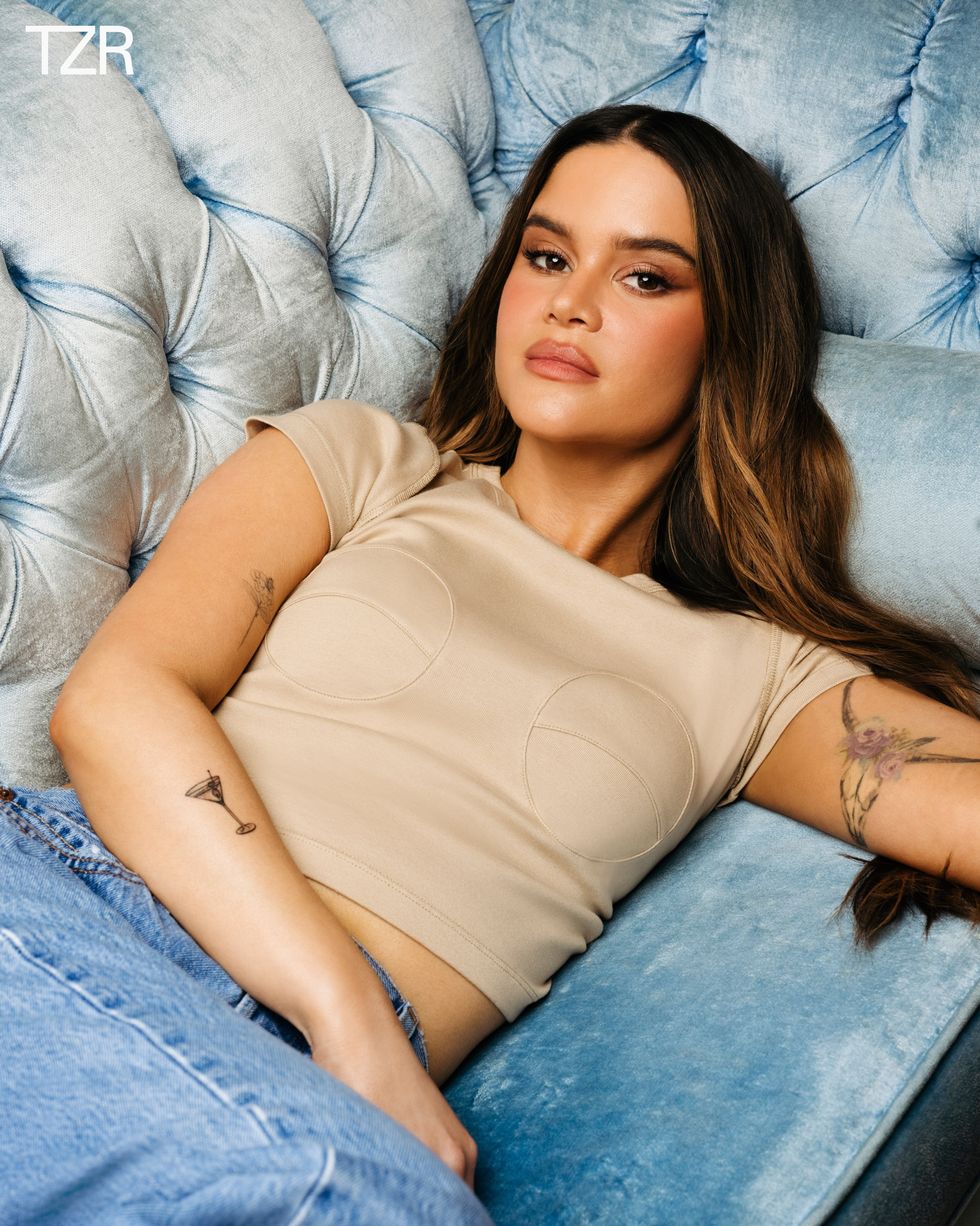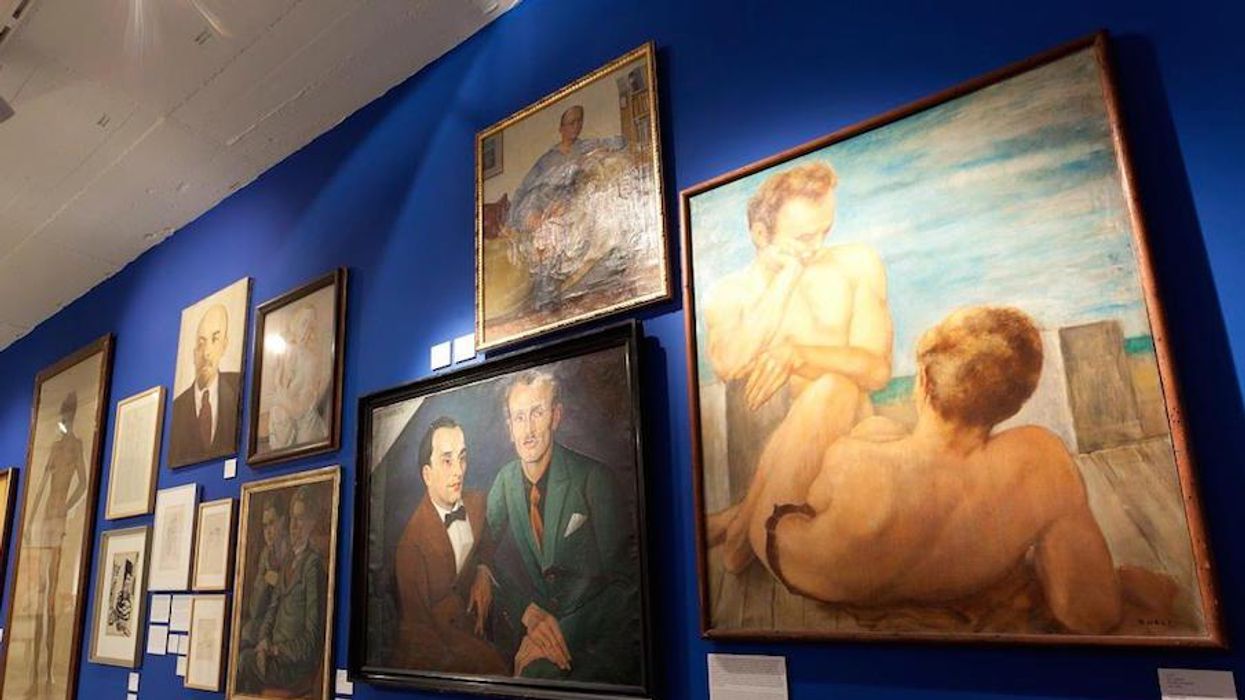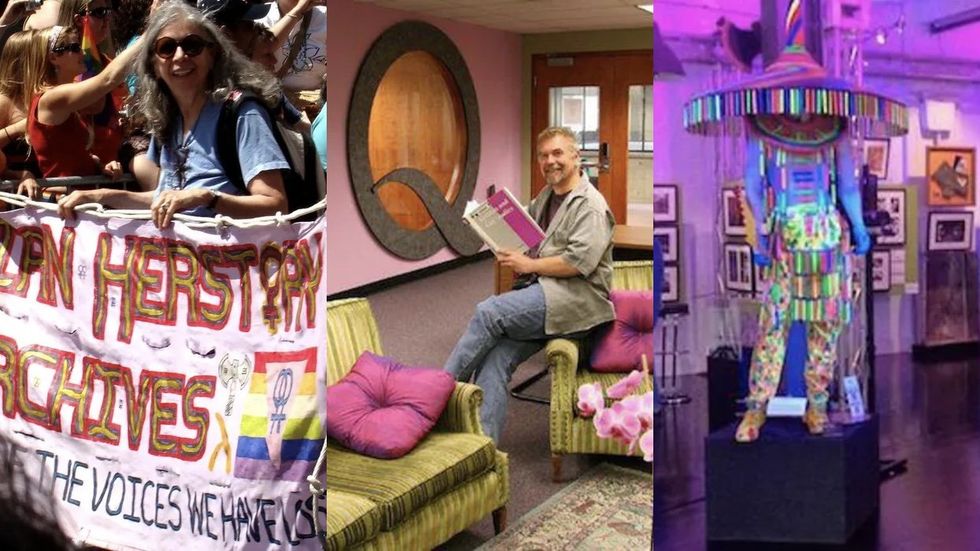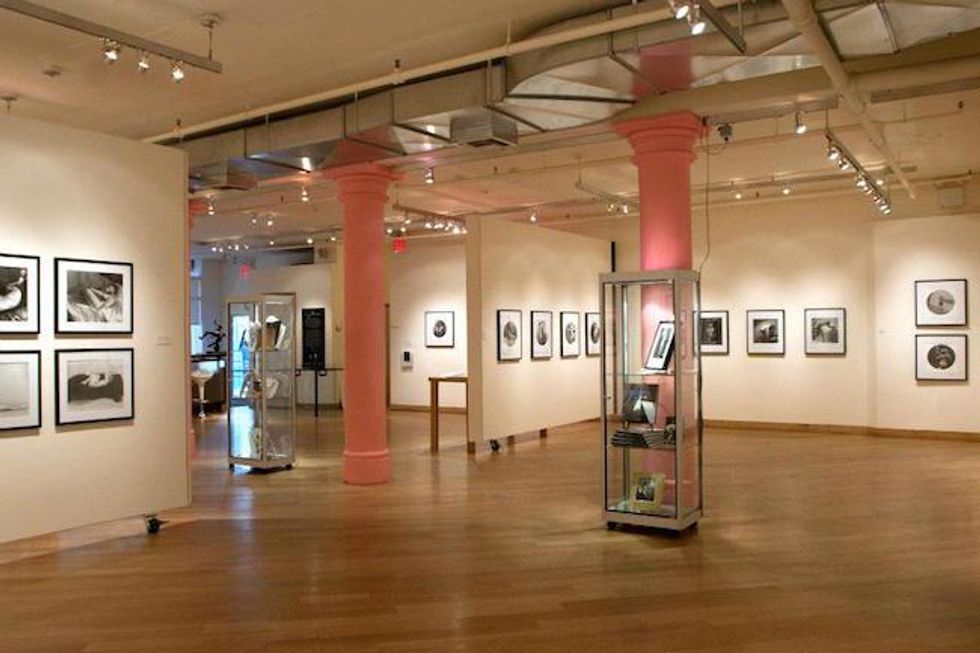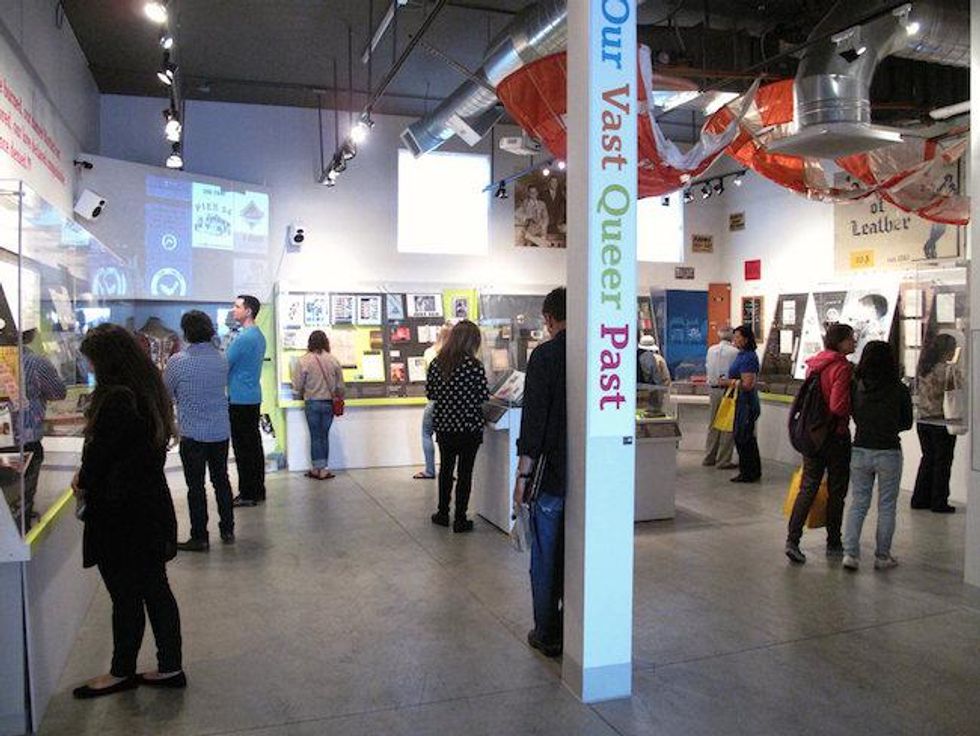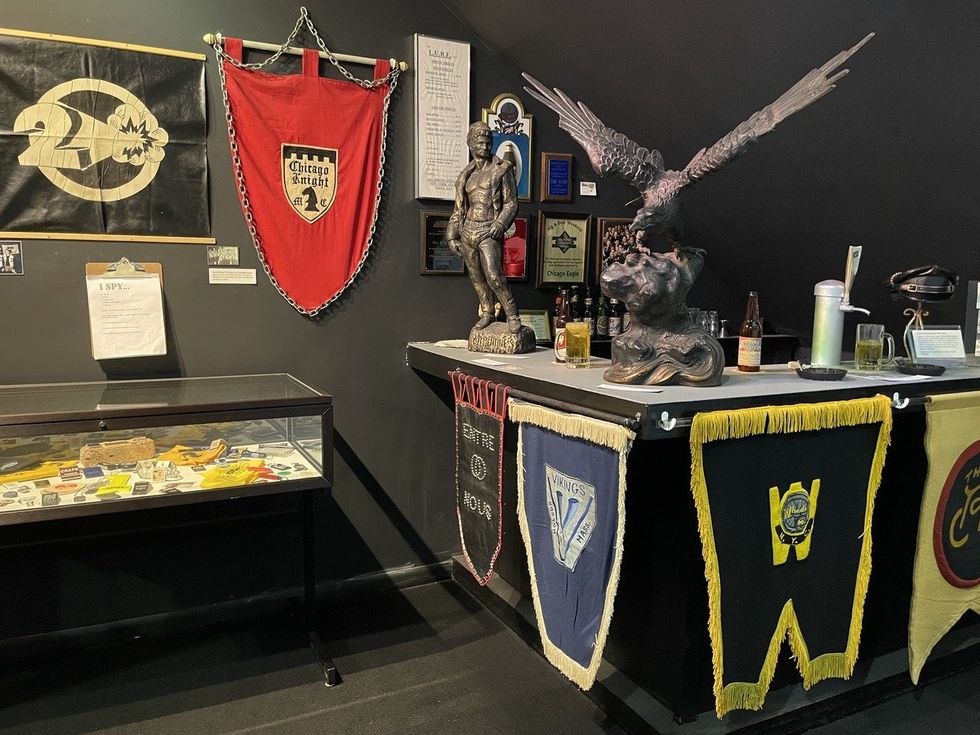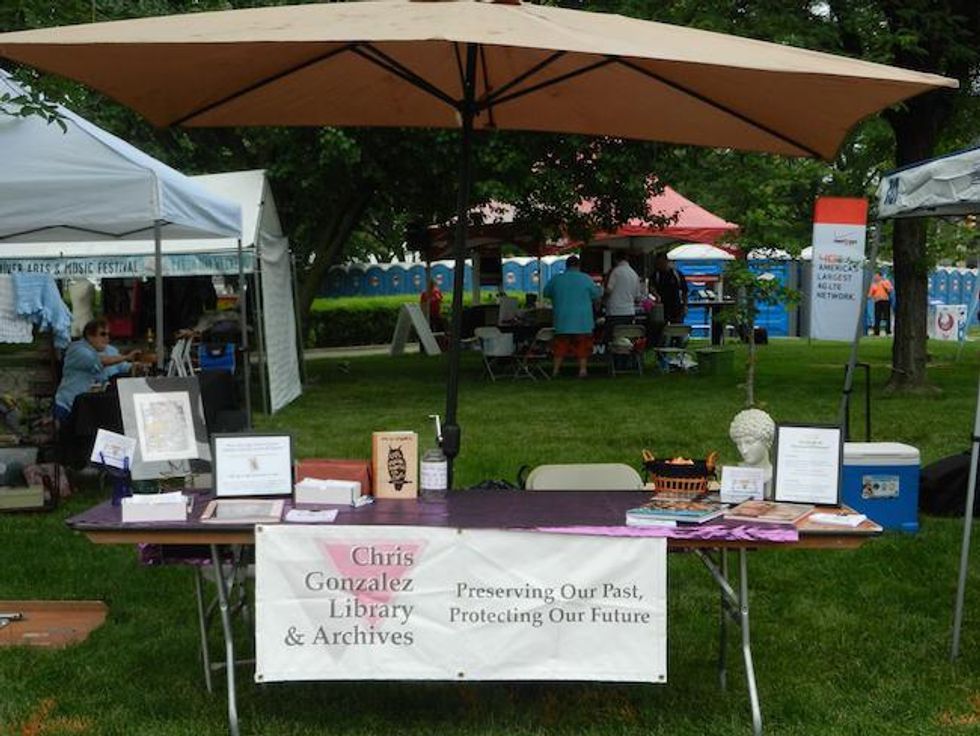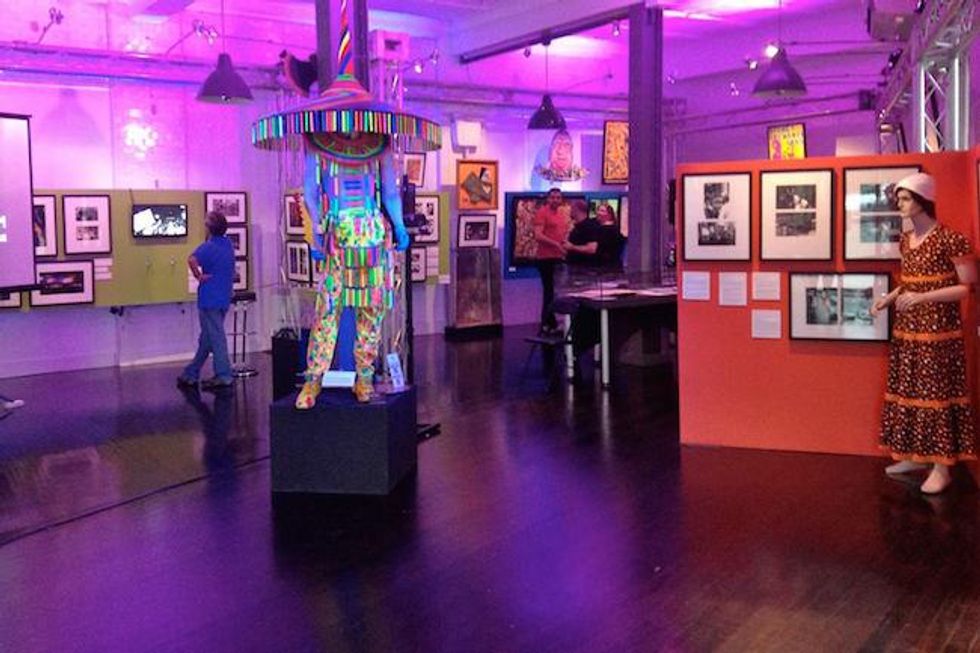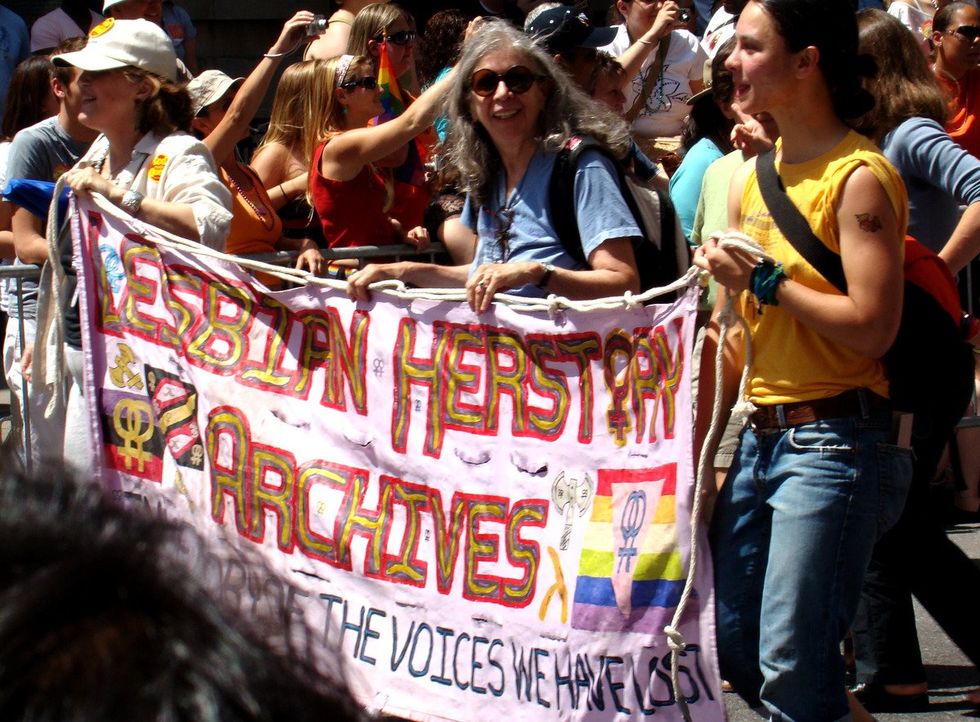Why is it that whenever a bisexual character is portrayed on a television show, and the topic of their sexuality comes up, said character will usually say something along the lines of “I don’t do labels?” Why is this also true of celebrities? Why are so many people so afraid to label themselves as bisexual? You don’t always hear gay men saying, “oh, I don’t do labels.” Often, they will say there are gay. Openly. Proudly. Unequivocally.
There is a fear surrounding using the bisexual label; a fear that discourages and inhibits many of us from identifying as such.
To be clear, no one should feel obligated to label themselves if they don't want to, especially if you don't feel a specific label suits you, but when the label does suit you and there is a strong community of bi+ individuals to fall back on, what's the point of beating around the bush? What is holding us back from proudly identifying as bi?
The root of this fear is biphobia, which wrongfully convinces many of us that bisexuality isn’t a legitimate sexuality, and therefore, urges us to “pick a side.” While it has its privileges, identifying as bisexual can be tougher than being straight or gay, so some find it easier not to label themselves at all.
For some reason, using the bisexual label seems like more of a commitment than other sexualities. I know it initially did for me. In many situations in the past, I would label myself as gay because it just seemed easier (I wanted to feel like an equal member of the gay community) and less of a “big deal.” I even remember debating as to whether I wanted to come out to my parents as bisexual. I thought I would wait until I’m dating a man seriously to tell them. I thought to myself, "What if I tell them, then I fall in love with a woman and end up in a happily monogamous relationship? Why did I even bother?"
I only thought this because I was afraid to come out to my parents and wanted to give myself any excuse not to. My bisexuality is part of my identity regardless of whether I’m in a relationship or not. It’s who I am.
I can see how (considering my experience) it’s weird to emphasize your attraction to other genders, when you are monogamous with one person of a certain gender. Why focus on all the people you’re attracted to, but have vowed not to be with? It didn't seem like any good can come from this; I'd just end up making my partner jealous with constant reminders that there’s more to them. That was a big reason I was afraid of labeling myself as bisexual — it just seemed like it would be a tough situation down the line for the person I decide to date exclusively.
Of course, this logic is faulty, since my sexuality is more than to whom I’m attracted. It doesn't disappear simply because I’m in a monogamous relationship, and just because I’ve committed myself to someone, that doesn’t mean that the rest of my identity vanishes.
Being sexually fluid (something I’ve heard more and more people identify as instead of bisexual) seems like more of a pit stop, even though it by no means is. When I hear sexually fluid, it makes me think that someone can land on a certain point, and then harden. Bisexuality seems more permanent. These thoughts could just be the connotations I have come to associate with these words (since there is nothing inherent about the different terminology that would imply one is temporary while the other permanent), but why else do people feel more comfortable saying they’re sexually fluid when sexually fluid and bisexual can mean the same thing?
At the end of the day, there are a myriad of reasons as to why the label seems so daunting: bi-erasure, bi struggles, pressure to pick “one-side,” the fear that you’ll scare away the one you love. The list goes on and on. But it’s crucial to break this cycle. And while labels can be limiting, there is something useful in claiming them. It’s important to claim bisexuality for visibility, for community, and so other people know that what they’re feeling — who they are — is not a mistake. It’s not temporary. It’s their identity, and they should be proud of it.
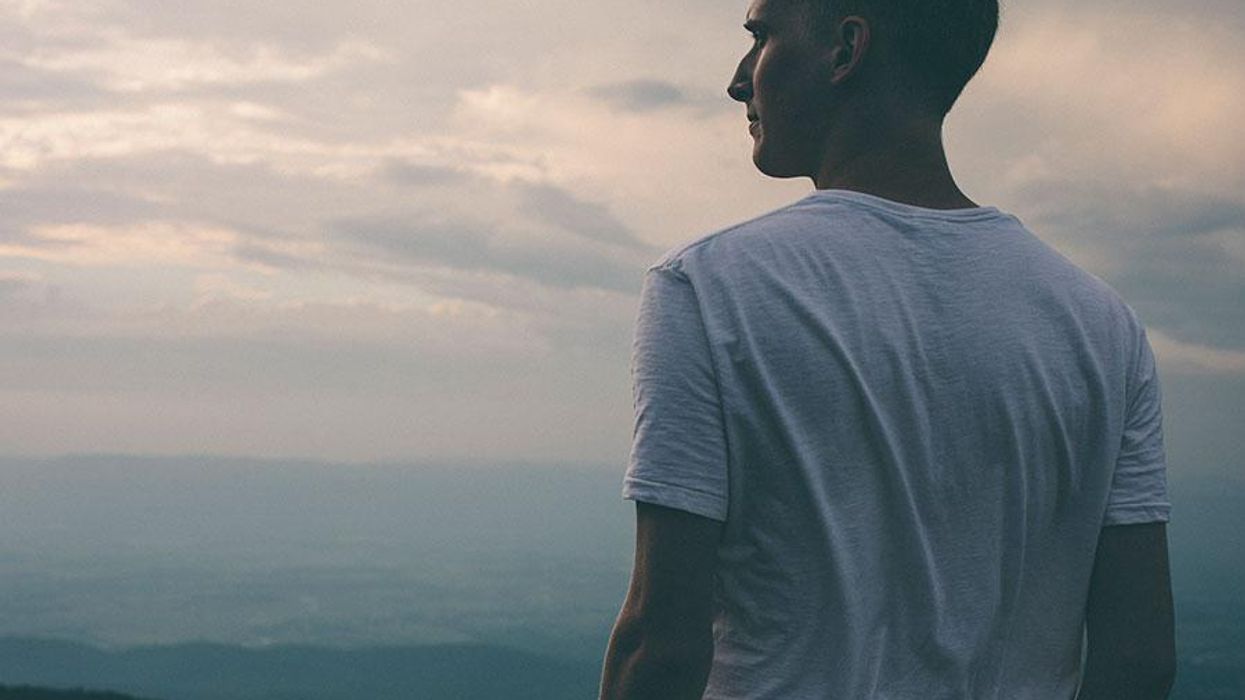







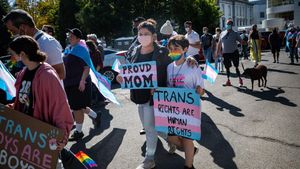
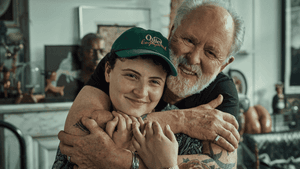

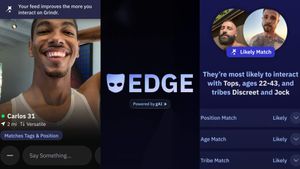


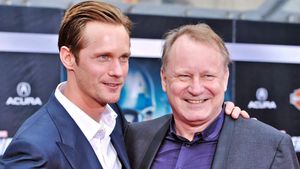

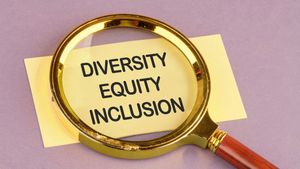
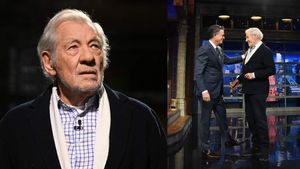








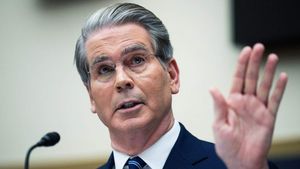




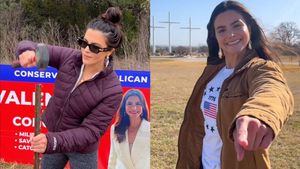



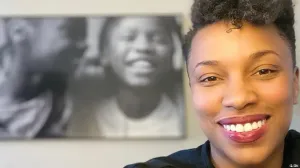
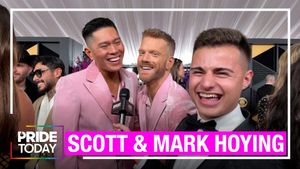



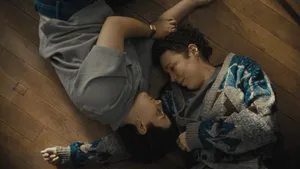
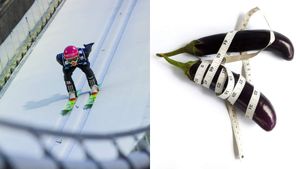


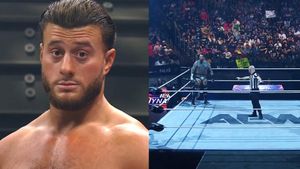

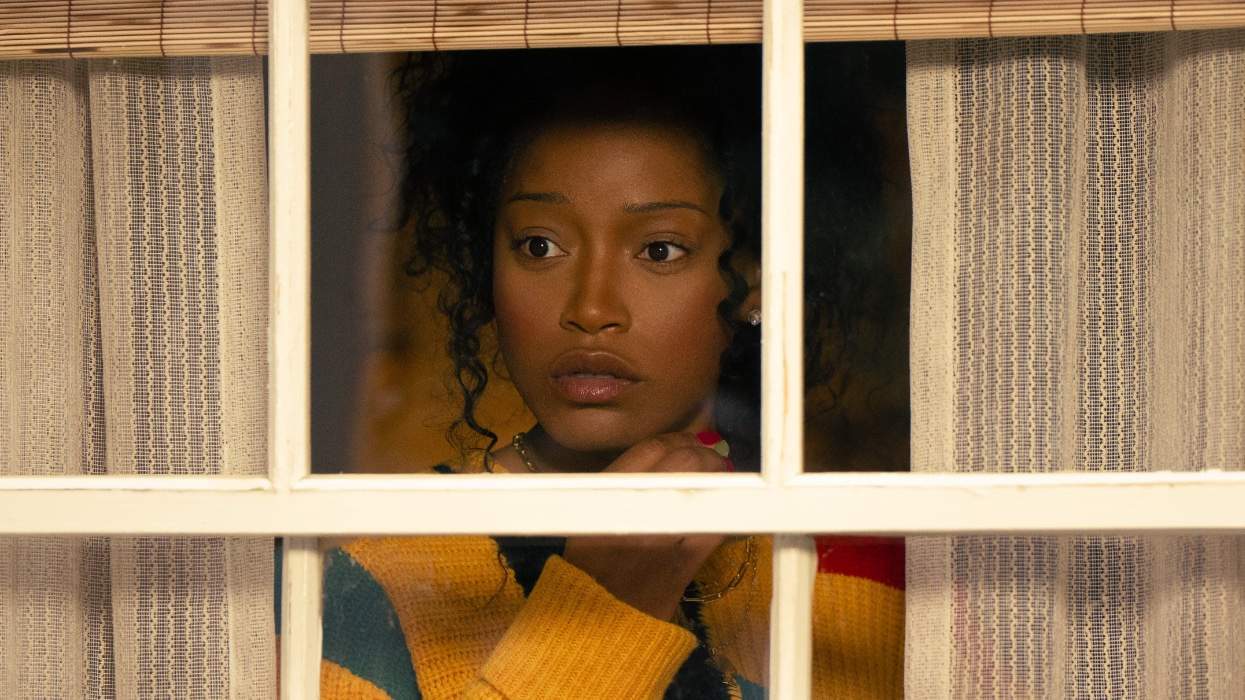


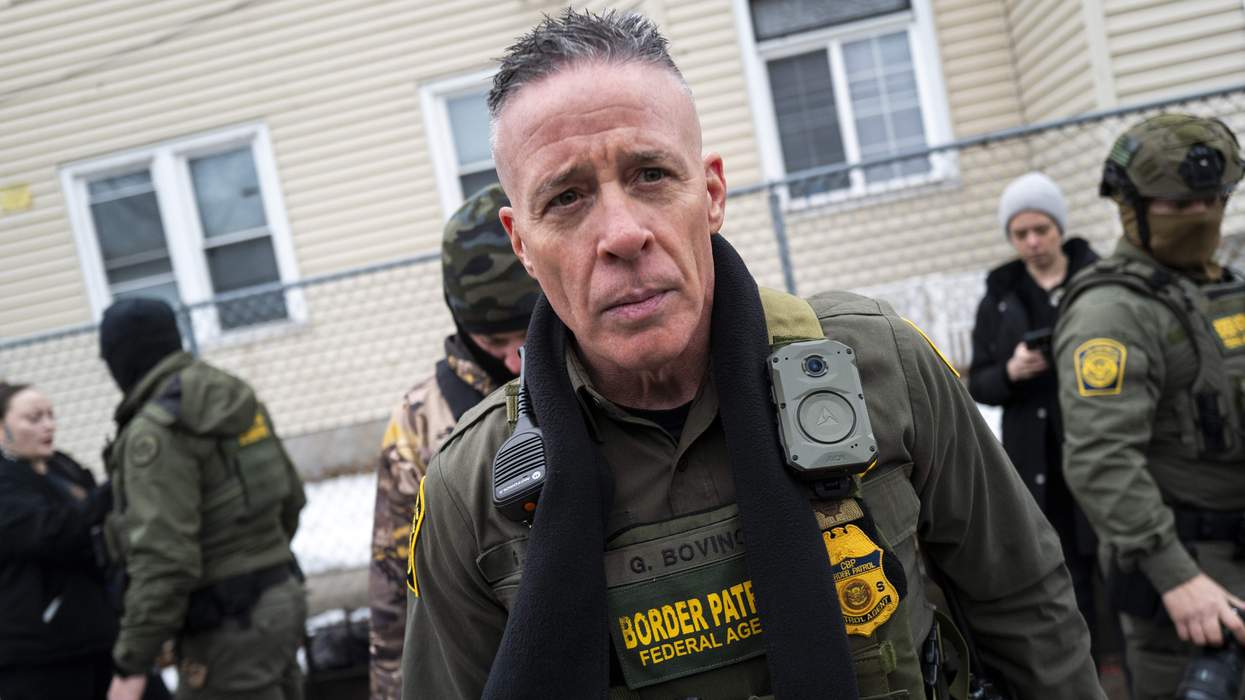


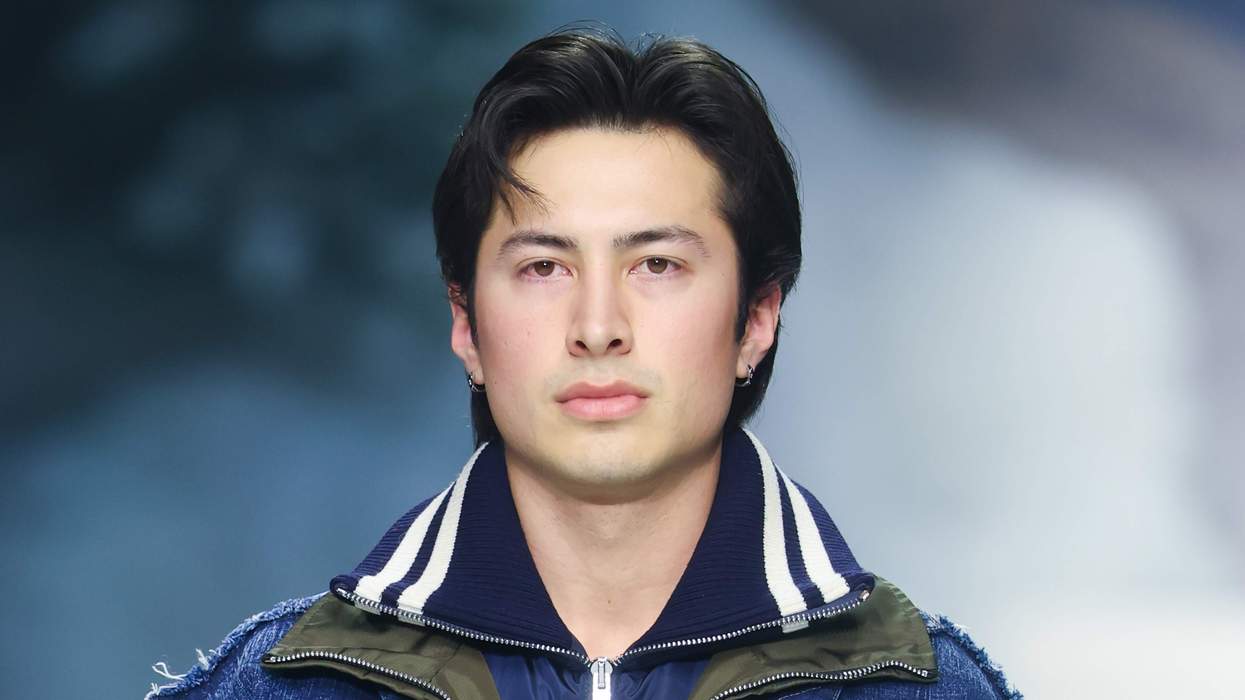
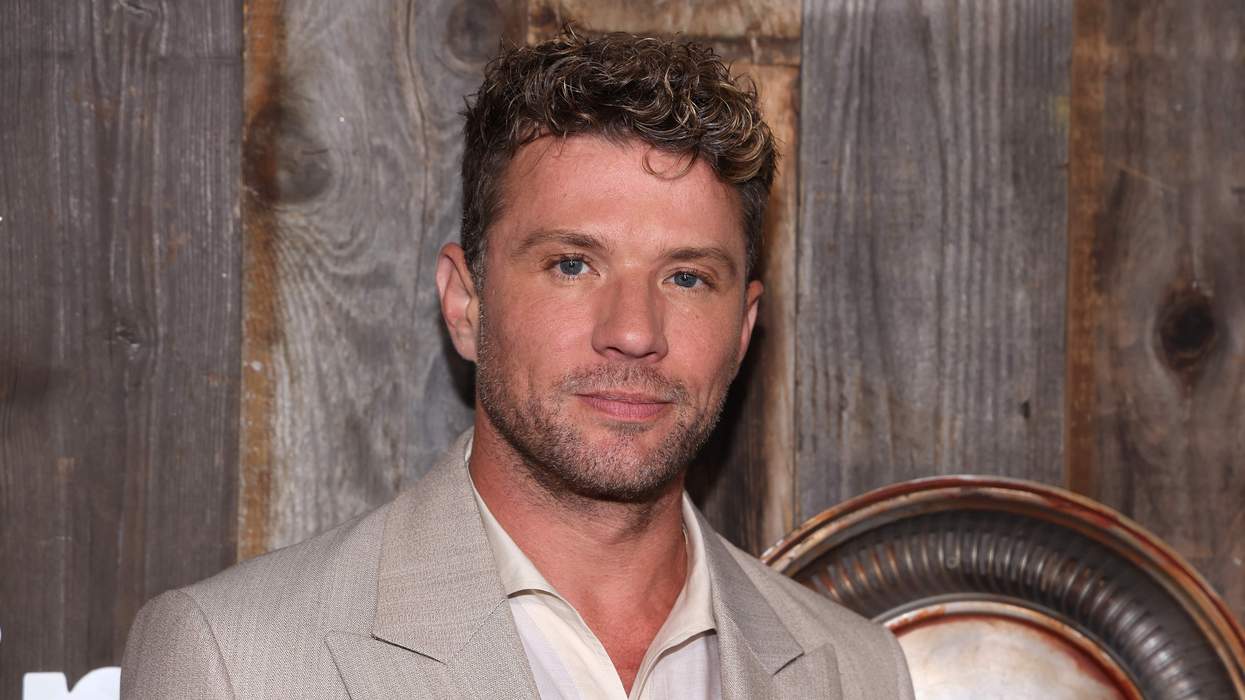
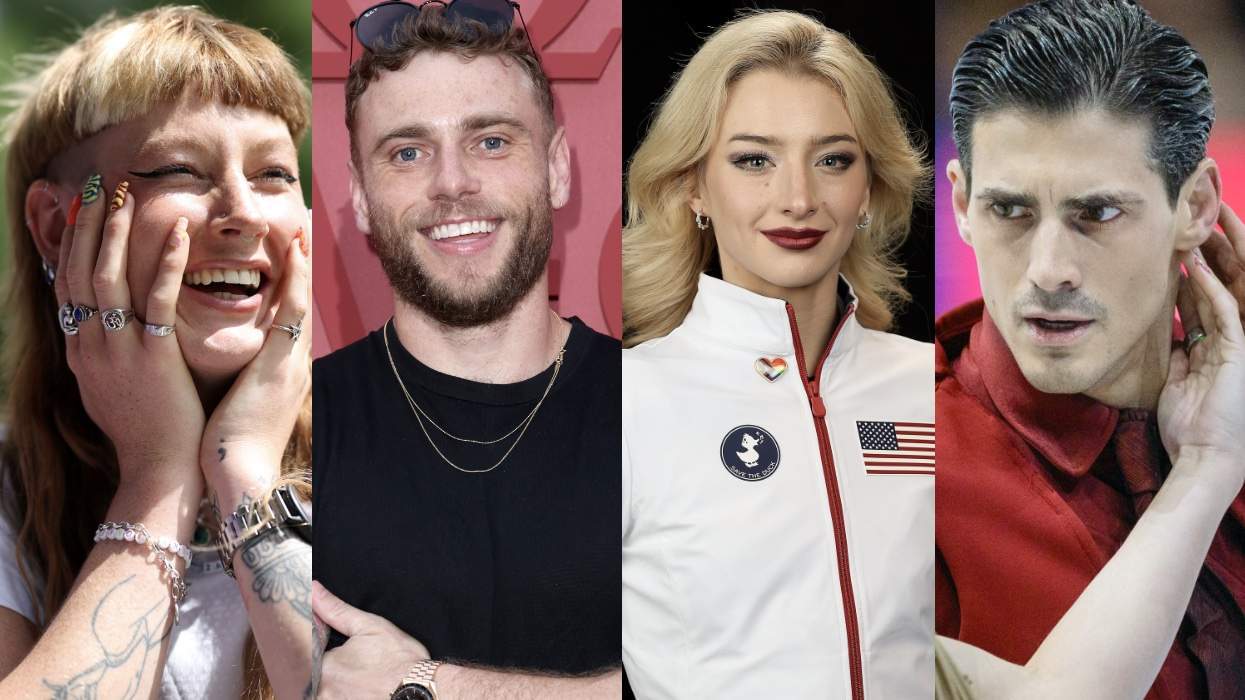

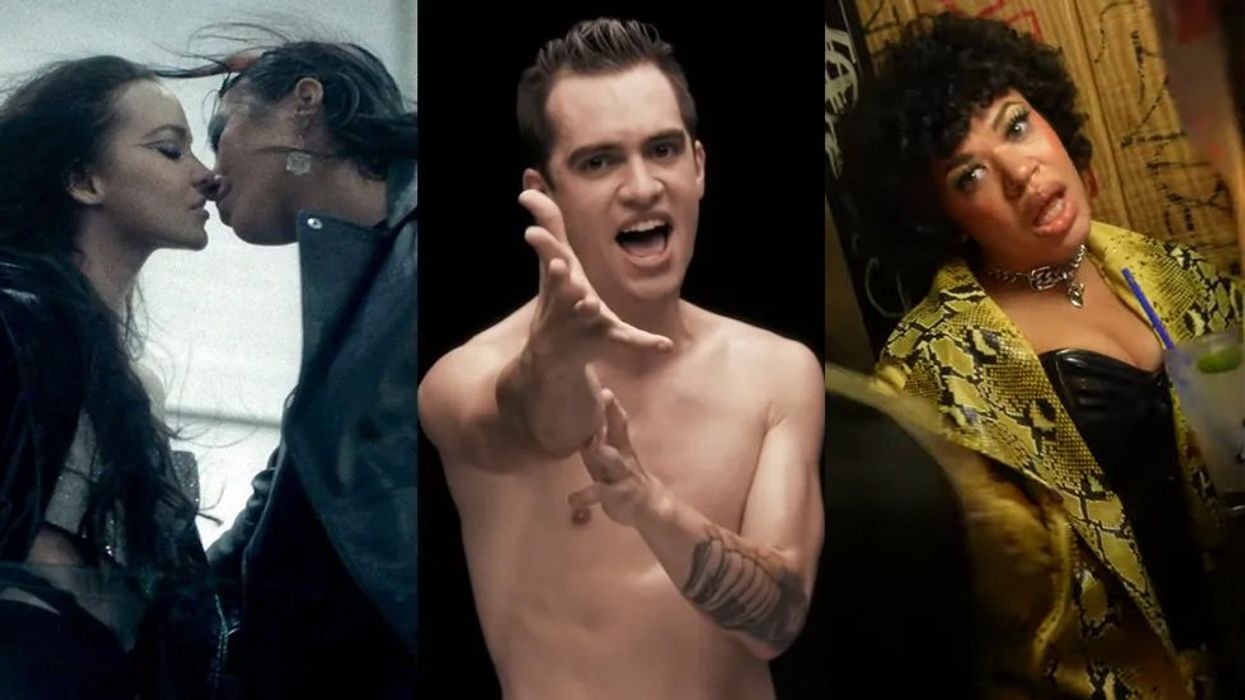
 35 bisexual pop anthems we have on constant repeatYouTube.com/Binoy
35 bisexual pop anthems we have on constant repeatYouTube.com/Binoy
